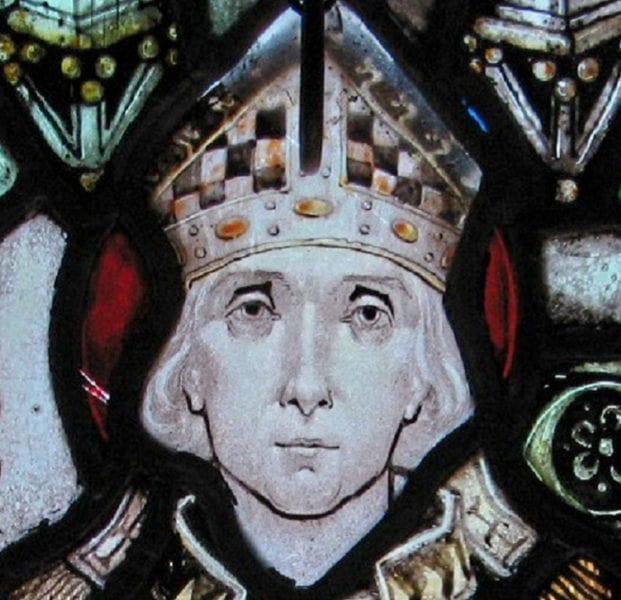TOLKIEN & TEILHARD, CREATION & EVOLUTION: ALTERNATIVE SAGES OF THE MODERN AGE Warren Herman
Finally, after a long day in the lab, one kid had the guts to ask the question we were all wondering about. We had run a gel electrophoresis on a sample of DNA, and we were looking at the results, bands of DNA bunched together, trapped in the gel. “What does this say about us?” the kid asked. The scientist who was serving as our teacher gave an answer no one was expecting. “Oh no, you’ve been working with virus DNA today.” A few of us burst out in exhausted laughter. All that hard work and expectation, and we weren’t even doing what we thought we were doing. This happened when I was a kid taking a summer workshop at the Cold Spring Harbor Lab in Long Island, New York. One time, I even saw James Watson, who discovered the Double Helix Structure of DNA, give a talk there. But that day, working on those gels, shows something that J.R.R. Tolkien and Fr. Pierre Teilhard de Chardin, would both appreciate. Work happens in the context of a story, in the context of a narrative. We thought we were working on our own DNA, and that we would learn something about ourselves; that’s what
58
Fellowship & Fairydust
was driving our work. Guiding narratives are very important, they provide not only context, but motivation. We probably wouldn’t have worked as hard or have been as interested if we had known that we were just working on some viral genes. Tolkien and Teilhard were both, in their own ways, masters of narrative. In different ways, they give us two alternative visions of the world, two contexts in which we can situate our efforts in life. They may not have yet been placed side by side, or framed as opposite sages of the modern age, but this is what I believe them to be. These are two men who faced the modern world, and found different solutions to it by creating narratives. Tolkien’s approach was one of creation and sub-creation, and Teilhard’s was one of evolution. I think if you are like many people, you have found a kind of synthesis between your faith and evolution. But what is the nature of this synthesis of the Bible and evolution? I think that many people arrive at a view of the Bible which, to my knowledge, is not really stated in any specific theological














